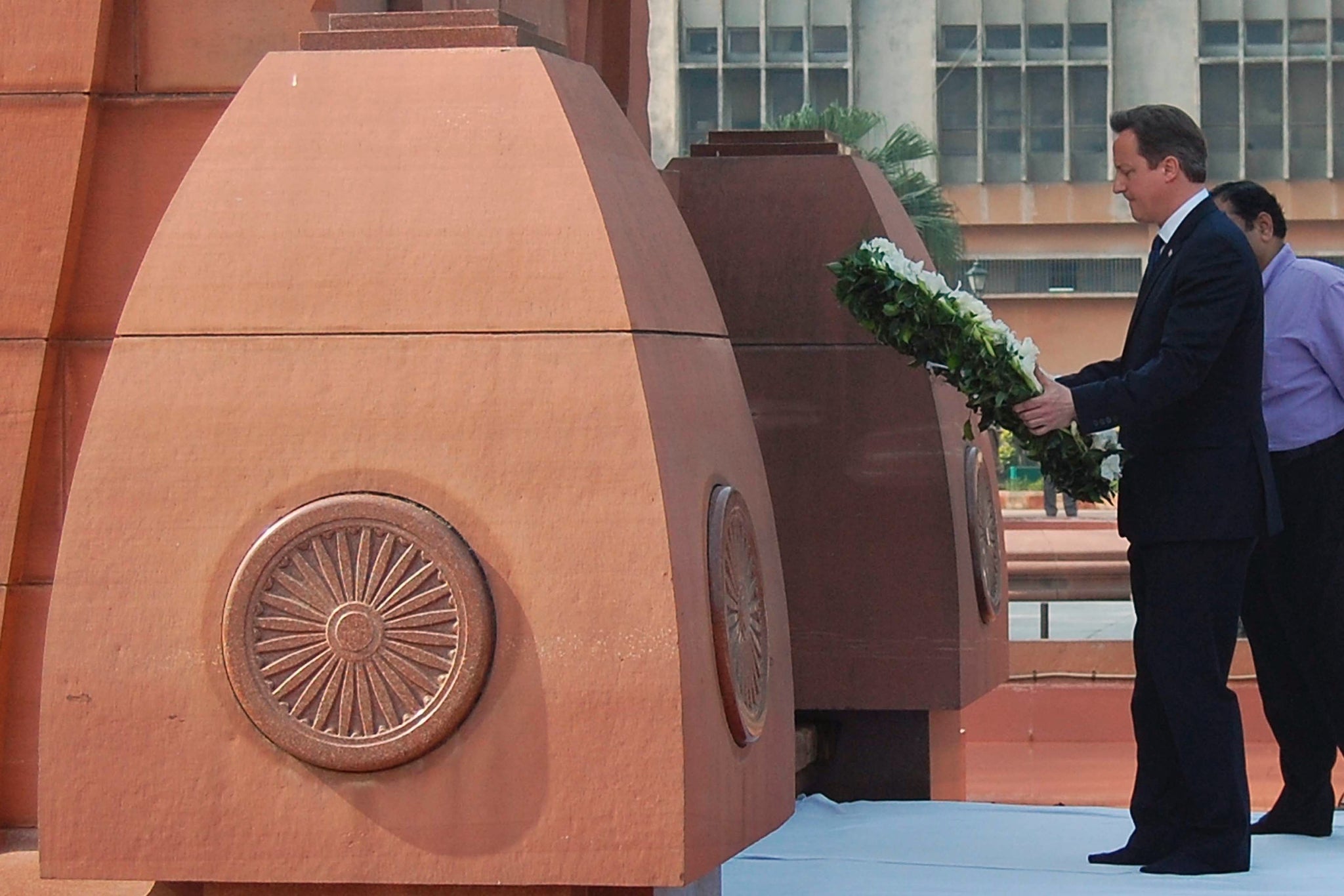If the UK had a ‘National Sorry Day’ like Australia, this is what we would apologise for
Australia celebrates 'National Sorry Day' on the 26th May. By coincidence, it’s also when the South American nation of Guyana celebrate their independence from British colonial rule

Your support helps us to tell the story
From reproductive rights to climate change to Big Tech, The Independent is on the ground when the story is developing. Whether it's investigating the financials of Elon Musk's pro-Trump PAC or producing our latest documentary, 'The A Word', which shines a light on the American women fighting for reproductive rights, we know how important it is to parse out the facts from the messaging.
At such a critical moment in US history, we need reporters on the ground. Your donation allows us to keep sending journalists to speak to both sides of the story.
The Independent is trusted by Americans across the entire political spectrum. And unlike many other quality news outlets, we choose not to lock Americans out of our reporting and analysis with paywalls. We believe quality journalism should be available to everyone, paid for by those who can afford it.
Your support makes all the difference.The 26th May is not a noteworthy date in Britain. But Down Under, it is when Australians remember the mistreatment of their country’s indigenous people on National Sorry Day. By coincidence, it’s also when the South American nation of Guyana celebrate their independence from British colonial rule in 1966.
Britain has no such ‘Sorry Day’ to acknowledge the harm our small nation has caused in the world. The UK has formally apologised for the millions of deaths caused by the Irish Potato Famine and colonial atrocities against the Kenyan Mau Mau. But diplomatic gestures aside, there is much more Britain has to be sorry for. Here are four things the UK could apologise for if we had a National Sorry Day.
“Fantastically corrupt” political systems
One argument against the UK apologising for its imperial history asks us not to fixate on the past. Another points to the ‘strong institutions’ left behind by colonial administrations. But these positions crumble if we look at colonial legacies of corruption – a term so often used to label African countries.
Described by David Cameron earlier this month as “fantastically corrupt”, Nigeria (like many former colonies) inherited political institutions rooted in corruption. Not only were these top down political systems designed to extract wealth rather than distribute it, colonialists also used ethnicity instead of merit to select those in positions of power. Britain’s tradition of ‘selective prosecution’ also nurtured a corrupt justice system.
Troublesome national borders
Looking as close to home as Northern Ireland, Britain’s geographic slicing of communities has been a major cause of conflicts across the world. The Berlin Conference of 1884 sowed seeds for civil wars in Africa, as the continent was carved up into territories by European colonisers with no regard for the cultural ties of local populations.
In 1947, the Indian subcontinent suffered an arbitrary split along religious lines when the British drew a border between India and the newly formed Pakistan. It is estimated over 10 million people were displaced and one million killed in the violence of Partition, and deep tensions between the two countries and their Hindu and Muslim communities remain today.
Ethnic divisions and civil wars
Conflicts in Asia and Africa are often put down to ‘ethnic tensions’. While ethnic diversity is a feature of these regions, divisions between groups were reinforced or sometimes introduced by colonial administrations. Killing over one million people, the Biafra or Nigerian Civil War (1967-1970) is in part a result of tensions following British bias towards groups in the north.
With Sinhalese and Sri Lankan Tamils having lived on the island for more than a millennium, prior to British colonialism the notion of distinguishable ‘difference’ between these groups was absent. But under colonial rule, ethnic tensions grew as the Tamil minority held positions of power in the elite colonial administration. Independence governments then implemented affirmative action in favour of the Sinhalese, leading to their majority domination and the Tamil rebel uprisings of Sri Lanka’s 26 year long civil war.
Torture and massacre of freedom fighters
Across the British Empire, independence movements were met with brutal resistance from their colonisers. In 1919, men, women and children gathered in Amritsar to peacefully protest against British rule in India. Between 379 and 1,000 were massacred by colonial troops, ordered to fire until they ran out of ammunition.
And while children in UK schools learn about Nazi torture and concentration camps, similar activities of the British in South Africa, Kenya and Malaya (now Malaysia) get little attention. In fear of a Communist insurgency in Malaya, ethnic Chinese peasants were detained by the British in hard labour camp and denied access to food and information from the outside world. During the freedom struggle in Kenya, 1.5 million people were placed in concentration camps, where executions, mutilations and acts of sexual violence against women and men were carried out by the British.
Join our commenting forum
Join thought-provoking conversations, follow other Independent readers and see their replies
Comments